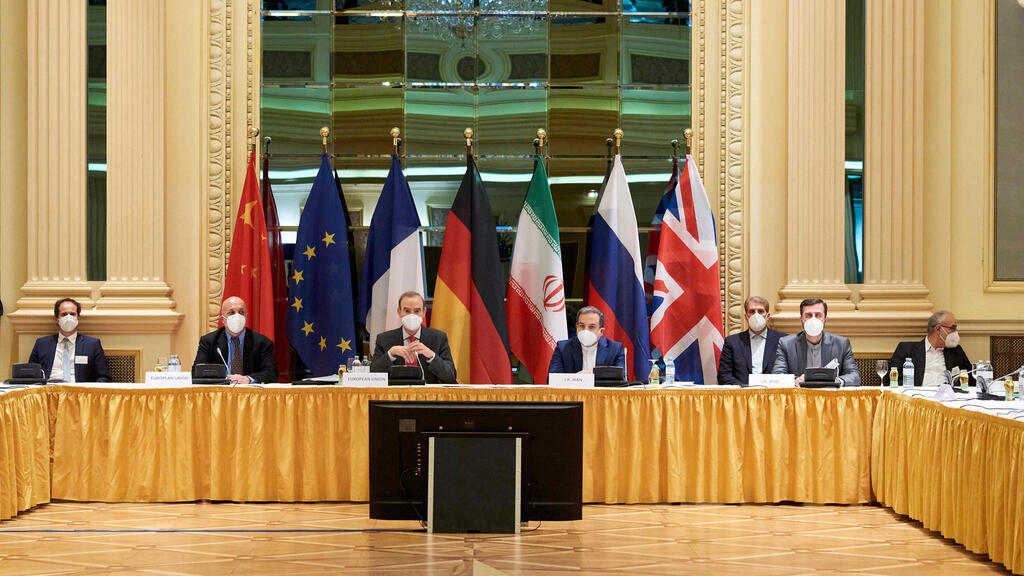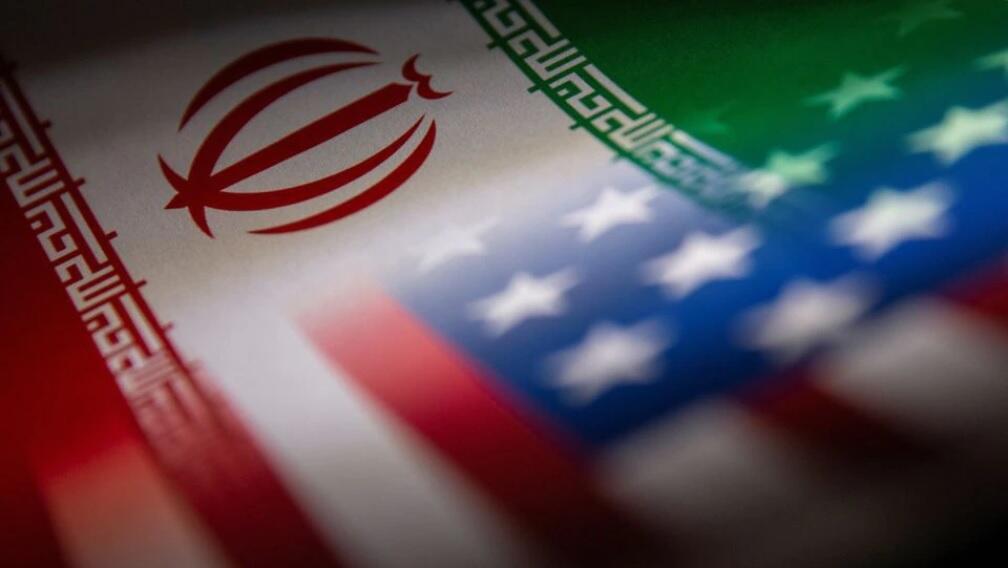Iran said on Wednesday it had received a response from the United States to the EU's "final" text for revival of Tehran's 2015 nuclear deal with major powers.
"This evening Iran received the U.S. response through the European Union. The careful review of the response has started in Tehran," Iranian Foreign Ministry spokesman Nasser Kanaani said.
"Iran will share its view with the EU, as the coordinator of the nuclear talks, upon completion of Tehran's review," the foreign ministry in Tehran said.
After 16 months of fitful, indirect American-Iranian talks, with EU officials shuttling between the sides, EU foreign policy chief Josep Borrell said on August 8th it had laid down a final offer and expected a response within a "very, very few weeks".
Iran last week responded to the EU's text with "additional views and considerations" while calling on the United States to show flexibility to resolve three remaining issues.
U.S. State Department spokesperson Ned Price confirmed that Washington had responded to Tehran's comments on the EU text.
"Our review of those comments has now concluded. We have responded to the EU today," Price said.
Then-U.S. President Donald Trump reneged on the nuclear deal in 2018, saying it was too soft on Iran, and reimposed harsh sanctions on the Islamic Republic, prompting Tehran to start violating the deal's nuclear curbs a year later.
2 View gallery


Diplomats of the EU, China, Russia and Iran at the start of talks on a U.S. return to the 2015 nuclear deal, at the Grand Hotel in Vienna
(Photo: AFP)
A revival of the pact appeared close in March before 11 months of indirect talks between Tehran and Washington in Vienna broke down over differences such as Iran's demand that the United States provide guarantees that no future president would exit the agreement as Trump did.
U.S. President Joe Biden cannot provide such ironclad assurances because the deal is a political understanding rather than a legally binding treaty.
Meanwhile, Israeli Prime Minister Yair Lapid called the agreement a "bad deal" and suggested that Biden had failed to honor red lines he had previously promised to set. He called on President Joe Biden and Western powers to call off an pending nuclear deal with Iran, saying that negotiators are letting Tehran manipulate the talks and that an agreement would reward Israel's enemies.


